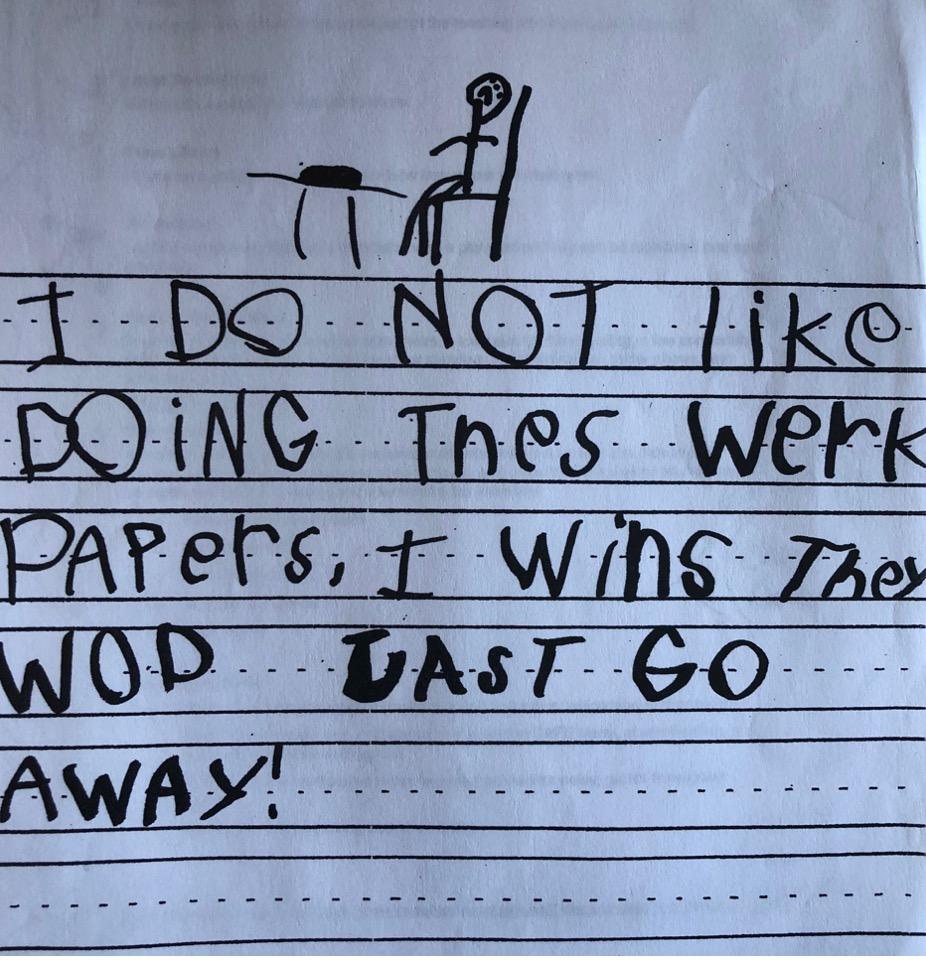Why Not Worksheets?
Join Our Community
Access this resource now. Get up to three resources every month for free.
Choose from thousands of articles, lessons, guides, videos, and printables.
Some teachers love worksheets. Some students do too. But recently worksheets have come under fire, and I am forced to pause and consider their worth. Early in my career, I justified my use of worksheets because they kept students engaged, they provided a reflection of student understanding (and therefore grades for the gradebook), and it made parents happy to see their child’s work. If I had found all that to be true, I would use this article to defend their worth.
 What I have come to learn through experience and reflection is that I was assigning worksheets under four major misconceptions.
What I have come to learn through experience and reflection is that I was assigning worksheets under four major misconceptions.
- Worksheets keep students engaged.
Reality: Worksheets keep students busy and compliant. Being engaged and being compliant are two different things. Students become engaged when a task is chosen, authentic, and collaborative, and requires thought and creativity. Worksheets do not meet those criteria. - Worksheets foster student learning.
Reality: The children who can easily complete them don’t benefit, and neither do the children who struggle. Worksheets require students to answer specific questions without rigor. As Donalyn Miller says, “When we put a worksheet in front of kids, it’s a signal for them to do the least thinking possible.” Instead, we want our students to apply learned skills and concepts through authentic practice, taking what they’ve been taught and applying it to their lives. - Worksheets provide reliable grades.
Reality: Children need a safe space to work through newly learned concepts where they can make mistakes and show their thinking. Grading work during this process would be like having every practice drive factored into your final driving test. Instead, we want to give students time for hands-on, authentic practice, where the focus is on the process and learning and not on the product. We rely on summative assessments and conferring sessions for reliable grades. - Worksheets communicate learning to parents.
Reality: Worksheets might be a simple way to demonstrate that work has been done, but they don’t always provide an accurate glimpse of the learning targets or the learning that took place. To inform and involve parents, we provide discussion prompts, at-home activities, and games that reinforce current concepts. We also promote nightly reading and send home the Parent Pipeline that aligns to their child’s specific goal and strategy. This tool promotes rich conversations that communicate true learning and progress.
The time-honored tradition of using worksheets can be hard to let go of. However, when our learning revolves around the authentic practices of reading, writing, and problem-solving, not only can we let go of them, but they won’t even be missed.
Still unconvinced? This article may help you decide to make worksheets a thing of your past.





